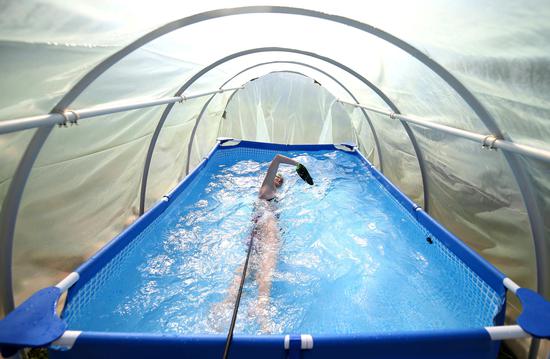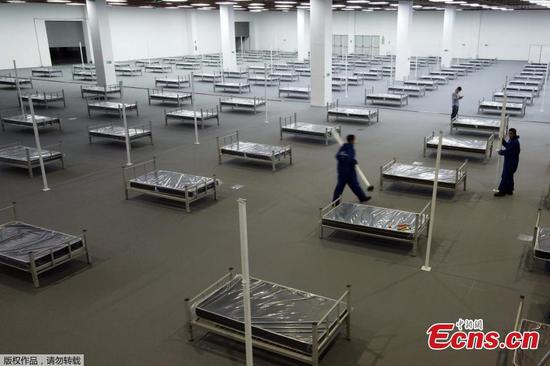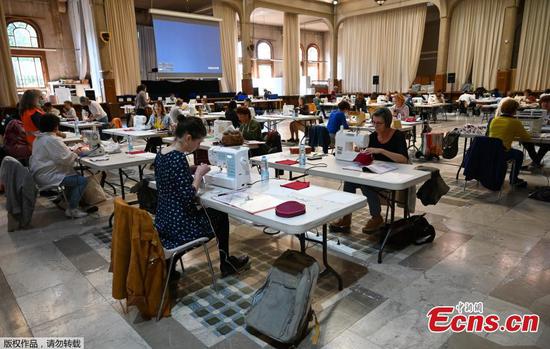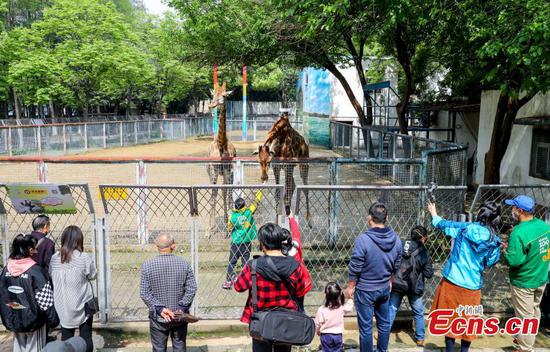Many schools are still closed in China as part of the effort to contain the spread of the novel coronavirus. Online courses, therefore, have become the main way for students to keep updated with school subjects.
To reduce possible vision damage to students that may result from using electronic devices, China's National Health Commission released guidance on Saturday, setting out the maximum online study time for students in primary and middle schools.
The commission suggested that online study time for pupils be no more than two and a half hours a day, and no more than 20 consecutive minutes at a time. For middle school students, the upper time limit for online study should be four hours per day, it said, with no more than 30 consecutive minutes at one time.
After schools are open, schools should reduce the time for teaching with electronic products, according to the guidance.
"Online learning reduces costs, spreads fast and has wide coverage area," Xu Haifeng, director of the Children's Books Publishing branch of the Foreign Language Teaching and Research Press, told CGTN. "But it also has disadvantages as it's bad for kids' vision and younger students often find it hard to focus on the teaching materials in front of a computer."
Some parents, on the other hand, lament that it's almost impossible to get the guidance implemented as the heavy schoolwork pressure means much longer time for online learning.
"My husband and I have to spend lots of time monitoring if our son is using the cellphone to study instead of playing games. I certainly embrace the guidance for setting the maximum online study time for students, but it may be not easy to carry out as they have to spend hours a day doing homework – which is also assigned and submitted online," a mother surnamed Yan who has a 12-year-old son told CGTN.

















































